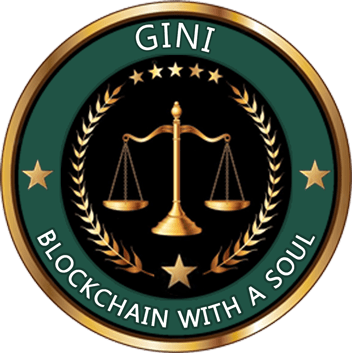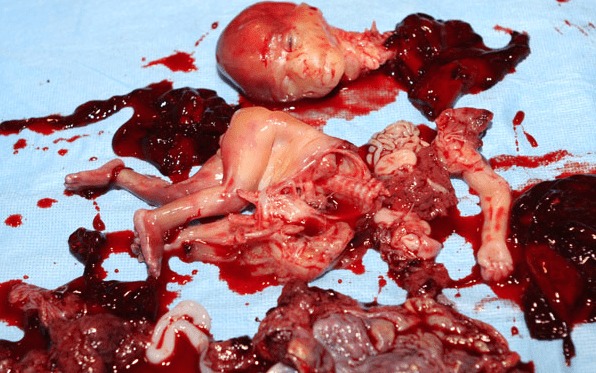Suffering from the Tragedy of the Commons. Voting in a political election is a form of opinion polling, which reveals individual opinions and decisions within a group of citizens. A majority vote represents the decision of the group. In the United States, a majority vote determines who moves into the White House or into the 535 seats in the U.S. Congress. Although Democracy in general is the most sustainable political system devised by humans so far, the winner-take-all flavor of quasi-democratic decision-making practiced in the United States, Afghanistan, Nigeria, Eritrea, Congo, Sierra Leone, Venezuela, Brazil, Argentina, among other emerging market nations. What do all these countries have in common? They all emulated the U.S. Presidential System of government, which is highly susceptible to the “Tragedy of the Commons” (“TOC”) problem.1
Tragedy of the Commons Examples. The TOC problem can be exemplified by several common scenarios:
Farmers who expand their agricultural operations to increase their personal wealth while polluting a nearby water source can harm the collective interest of their entire community.
Parents who seek to increase their labor or political power by giving birth to many children can harm their nation’s collective interest from over-population.
“Rent-seeking” special interest groups who vote to give themselves special benefits from government can harm the collective interest of an entire nation when too much taxpayer-subsidized largess undermines the integrity and performance of a national economy.
Corporations that extract natural resources from the Earth using unsustainable methods to enrich their shareholders can inflict ecological damage upon the entire planet.
Slave owners in the past and present seeking to increase their personal wealth gradually desensitize their societies to the process of human subjugation. This has perpetuated human rights abuses against several categories of humans and other life forms, e.g., women, minority ethnic groups, the physically or mentally disabled, elephants hunted for their ivory tusks, buffalo hunted nearly into extinction merely for sport and to destroy American Indian cultures, etc.
Individual Rationalization Can Result in Collective Suffering. In all TOC cases, the discrete decisions of each person or entity may seem rational at the individual level, but collectively, their decisions do harm to the entire population. This is the essence of the Tragedy of the Commons dilemma. (Not coincidentally, the TOC problem is also strongly correlated with systemic political and economic corruption, which is magnified in all Presidential System-based governments.)
Slow Feedback Loops Increase Dysfunction in Political and Economic Systems. The fundamental reason for the TOC phenomenon is the lack of feedback (or very slow feedback loops) within political and economic systems. Slow or nonexistent feedback cycles disconnect individual citizens, corporations, and politicians from the true consequences of their decisions. This has many damaging consequences in a political system, but in particular, it allows politicians to avoid being held accountable for their bad policies, which injects poisonous elements throughout a nation’s political and economic systems.2
When feedback loops are compressed into a shorter period of time, individual decision-making processes benefit from incrementally increased aggregate knowledge, which results in exponentially increased awareness, which improves each new cycle of decision-making, which ultimately results in significantly more accurate, effective, and sustainable outcomes. In the context of national governance, the primary reason the Presidential System of government empirically and universally leads to more systemic corruption than the Parliamentary System is because citizens governed by a Presidential System are forced to wait much longer to hold national level politicians accountable for bad policy outcomes.
What is an “Optimal Outcome” within a Political System? In all decision-making processes, humans consciously or unconsciously participate in successive cycles of feedback loops until a final result is achieved. However, the more compressed the feedback loops are, the closer the final outcome will be to the optimal outcome. In the context of the U.S. political system, I define the “optimal outcome” as follows: “a domestic or foreign policy that satisfies the largest population of U.S. Citizens, within the shortest amount of time, at the least cost to American taxpayers, and which is sustainable over the longest period of time.” That definition can encompass the optimal outcomes associated with all economic, social, and political decision-making processes within the U.S. Federal Government.
In my next article, we will briefly explore The Power of Agile Democracy, which reveals a hidden source of power in Silicon Valley and how that source of power can be used to dramatically improve the policy outcomes that American taxpayers buy with their tax dollars.
Notes:
1. See also Why is the U.S. Government so Broken? to learn more about the Presidential Systems compared to Parliamentary Systems.
2. See also Can Swarm-Based Intelligence Save Democracy? to learn more about the final evolutionary step of political voting systems.
About Ferris Eanfar
Ferris Eanfar has over 20 years of experience in technical, financial, media, and government intelligence environments. He has written dozens of articles and several books in the fields of Economics, Crypto-Economics, and International Political Economy, including Broken Capitalism: This Is How We Fix It and GINI: Capitalism, Cryptocurrencies & the Battle for Human Rights and the Global Governance Scorecard. Ferris is a cofounder of the Gini Foundation, which builds unique cryptocurrency systems to protect human rights, among other benefits; and the CEO of the AngelPay Foundation, a nonprofit financial services company with a mission to “return wealth and power to the creators of value.” To learn more about Ferris, please visit the About Ferris page.Visit Ferris on:

 Gini Website Coming Soon. We (
Gini Website Coming Soon. We (
